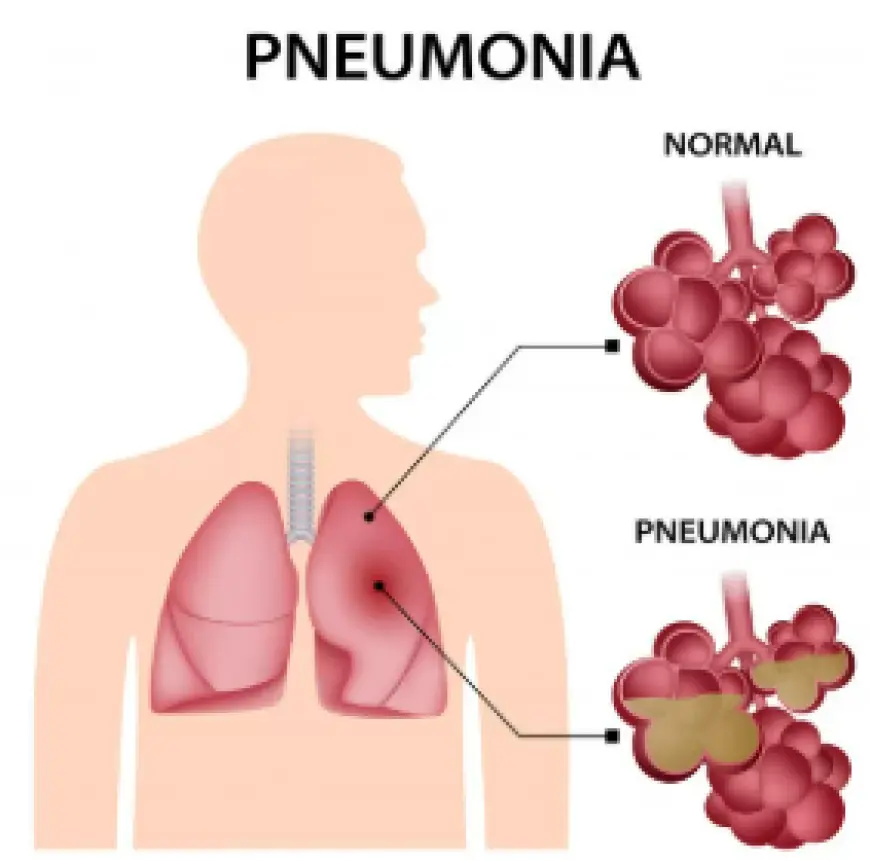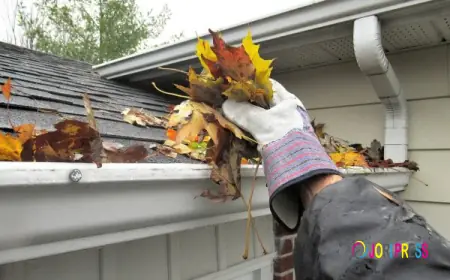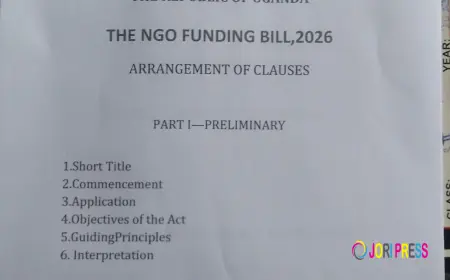Pneumonia vs. Common Cold: How to Spot the Difference Early
Spot the Difference Early between lung infection and pneumonia

When a cough creeps in, it’s easy to blow it off as “just a cold.” But sometimes, that innocent-sounding symptom could be the start of pneumonia—a potentially serious lung infection that shouldn’t be ignored. Recognizing the differences between the two early on can make all the difference when it comes to timely treatment. If you're in Coimbatore and unsure, seeking a pneumonia doctor in Coimbatore may be your best first step to peace of mind.
1. How Symptoms Begin and Progress
A common cold typically develops gradually. You might notice a scratchy throat, sneezing, or mild nasal congestion, followed by a gentle cough and some fatigue. Adults usually recover within a week or so.
Pneumonia, however, often advances quickly. You may wake one morning with a productive cough, fever, and chest discomfort—clear signs that your infection has moved deeper into the lungs. Or it could follow a lingering cold that just never went away.
2. Gauging Symptom Severity
Colds are mild affairs—think sneezing, runny or blocked nose, and a hint of cough. Most symptoms remain manageable, even without medical attention.
Pneumonia doesn’t play by such easy rules. Expect higher fevers (possibly accompanied by chills and sweats), a harsh cough that may produce green, yellow—or even bloody—phlegm, and overwhelming fatigue. If you're short of breath or coughing causes chest pain, don't wait. Visiting a pneumonia specialist can help clarify the cause and bring relief faster.
3. Breathing and Chest Involvement
Cold symptoms usually stay "above the neck"—sneezing, nasal congestion, and sore throat—without affecting your breathing or causing chest tightness.
Pneumonia strikes the lungs. You may experience rapid or shallow breathing, struggle catching your breath, or feel sharp pain with deep breaths or coughing. If these symptoms appear, it's critical to consult a pneumonia doctor, who can quickly assess your lung health.
4. Typical Recovery vs. Extended Treatment
With rest, fluids, and self-care, most colds resolve in about a week. A lingering cough might stick around a bit longer but tends to fade.
Pneumonia is not so forgiving. Depending on the cause (bacterial, viral, or fungal), recovery may take several weeks—and might necessitate medical intervention such as antibiotics, antivirals, or close monitoring in severe cases. A local pneumonia specialist can tailor treatment plans specific to your needs and monitor your recovery closely.
5. When to See a Doctor (Especially in Coimbatore)
If cold symptoms persist beyond two weeks, or if they intensify—think high fever, chest pain, or breathing difficulties—it's time to take action. Particularly vulnerable groups such as young children, older adults, or those with underlying health conditions should not wait. A pneumonia doctor can evaluate the situation, possibly with diagnostics like chest X-rays or lab tests, to ensure timely care.
Final Takeaway
While a cold can feel annoying, it's usually short-lived and manageable. Pneumonia, on the other hand, can bring significant complications if left unaddressed. Early detection—especially when supported by consults from a pneumonia specialist in Coimbatore—can greatly improve outcomes.
If you're experiencing persistent or severe symptoms, reach out. In Coimbatore, several dedicated pulmonologists and respiratory specialists are ready to help you breathe easier, recover faster, and feel confident in your care.
What's Your Reaction?
 Like
0
Like
0
 Dislike
0
Dislike
0
 Love
0
Love
0
 Funny
0
Funny
0
 Angry
0
Angry
0
 Sad
0
Sad
0
 Wow
0
Wow
0











































